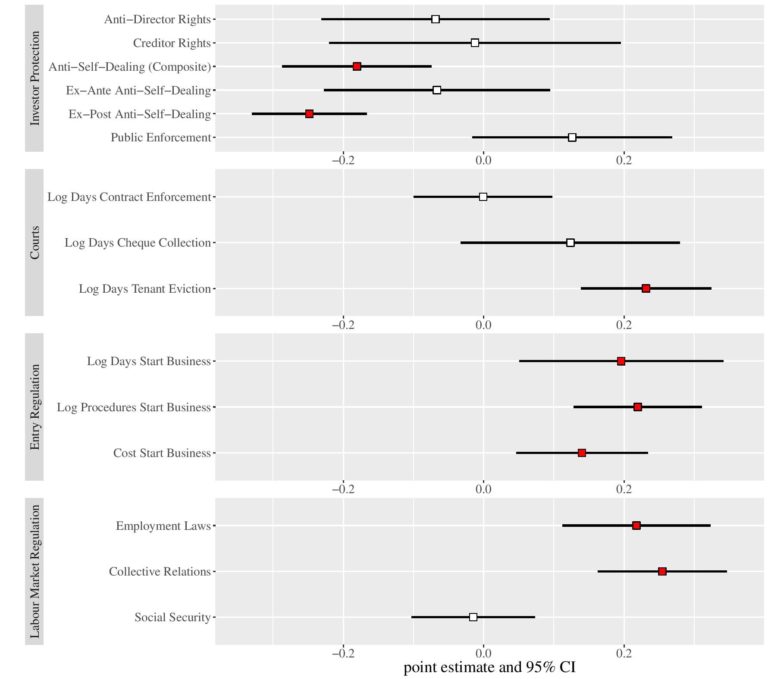

In addition to the substance and specificity of the information, the source or relative reliability of the information also determines materiality.

Orders for large trades before they are executed and.Government reports of economic trends (employment, housing starts, currency information, etc.).Events regarding the issuer’s securities (e.g., defaults on senior securities, calls of securities for redemption, repurchase plans, stock splits, changes in dividends, changes to the rights of security holders, and public or private sales of additional securities).Change in auditor notification or the fact that the issuer may no longer rely on an auditor’s report or qualified opinion.Developments regarding customers or suppliers (e.g., the acquisition or loss of a contract).New licenses, patents, registered trademarks, or regulatory approval/rejection of a product.Innovative products, processes, or discoveries (e.g., new product trials or research efforts).Mergers, acquisitions, tender offers, or joint ventures.For example, material information may include, but is not limited to, information on the following: The specificity of the information, the extent of its difference from public information, its nature, and its reliability are key factors in determining whether a particular piece of information fits the definition of material.

In other words, information is material if it would significantly alter the total mix of information currently available about a security in such a way that the price of the security would be affected. Information is “material” if its disclosure would probably have an impact on the price of a security or if reasonable investors would want to know the information before making an investment decision. The expansion of financial products and the increasing interconnectivity of financial markets globally have resulted in new potential opportunities for trading on material nonpublic information. Any trading based on material nonpublic information constitutes a violation of Standard II(A). Members and candidates must not use material nonpublic information to influence their investment actions related to derivatives (e.g., swaps or option contracts), mutual funds, or other alternative investments. The prohibition on using this information goes beyond the direct buying and selling of individual securities or bonds. Standard II(A) promotes and maintains a high level of confidence in market integrity, which is one of the foundations of the investment profession. When the investing public avoids capital markets, the markets and capital allocation become less efficient and less supportive of strong and vibrant economies. These actions have caused and will continue to cause investors to avoid capital markets because the markets are perceived to be “rigged” in favor of the knowledgeable insider. Although trading on inside information may lead to short-term profits, in the long run, individuals and the profession as a whole suffer from such trading.

Trading or inducing others to trade on material nonpublic information erodes confidence in capital markets, institutions, and investment professionals by supporting the idea that those with inside information and special access can take unfair advantage of the general investing public.


 0 kommentar(er)
0 kommentar(er)
